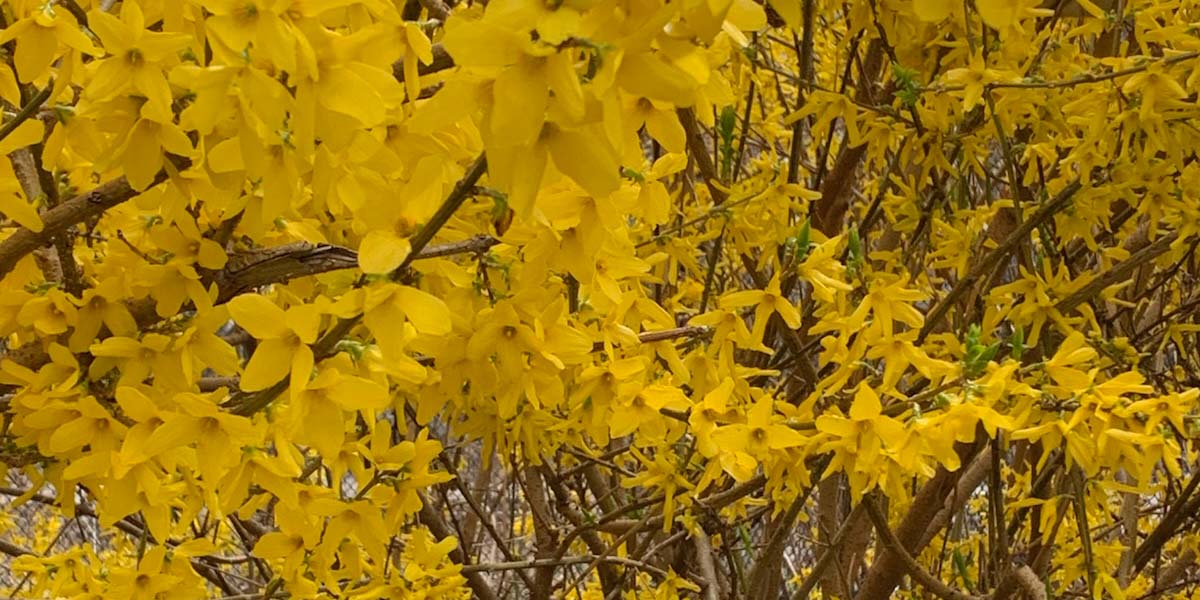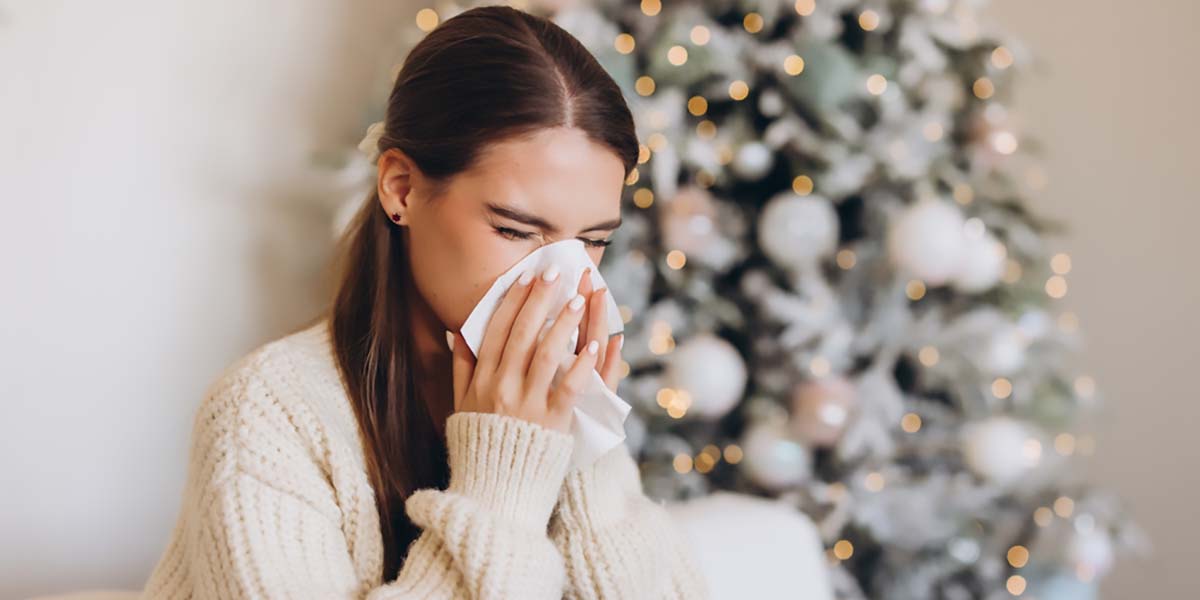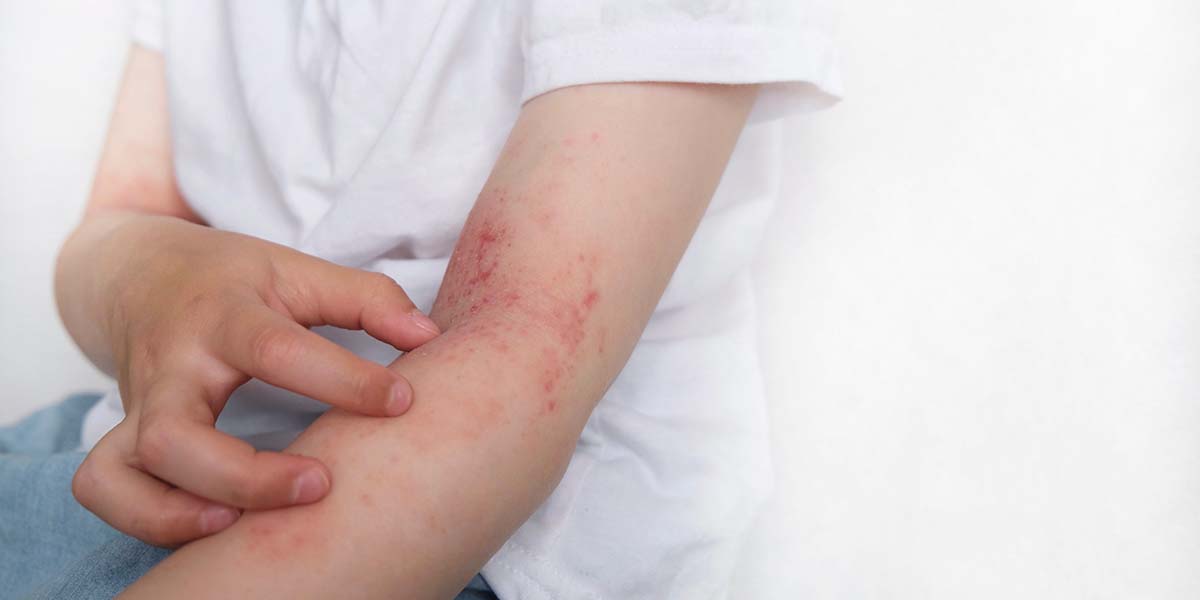Are your allergy symptoms flaring up in late summer and early fall? If so, ragweed…

Allergy Treatment Tips for Spring in Philadelphia 2025
Spring in Philadelphia brings a surge of tree pollen, leading to common allergy symptoms such as sneezing, runny nose, and itchy eyes. Understanding the local pollen season and implementing effective management strategies can help alleviate discomfort during this time.
Tree Pollen Season in Philadelphia
In Philadelphia, tree pollen season typically begins in February and can extend into late May. The primary culprits contributing to nasal and ocular allergy symptoms during this period include oak, birch, and maple trees.
Non-Medication Tips to Avoid Allergy Symptoms
To minimize exposure to allergens and reduce symptoms without medication:
- Monitor Pollen Counts: Stay informed about daily pollen levels and limit outdoor activities when counts are high.
- Keep Windows Closed: Maintain closed windows in your home and car to prevent pollen from entering.
- Use Air Conditioning: Utilize air conditioning systems with clean filters to filter out pollen particles.
- Shower After Outdoor Activities: Rinse off and change clothes after spending time outdoors to remove pollen residues.
- Wear Protective Gear: Don sunglasses and a hat to shield your eyes and hair from pollen exposure.
Over-the-Counter Medication Options
For those seeking relief through over-the-counter (OTC) medications:
- Antihistamines: Medications such as loratadine (Claritin), fexofenadine (Allegra), and cetirizine (Zyrtec) can alleviate sneezing, runny nose, and itchy eyes. These are less sedating compared to older antihistamines like diphenhydramine (Benadryl).
- Nasal Corticosteroid Sprays: OTC nasal sprays like fluticasone (Flonase) or triamcinolone (Nasacort) effectively reduce nasal inflammation and congestion. Consistent daily use throughout the pollen season yields the best results.
- Saline Nasal Sprays: Regular use of saline sprays can flush out nasal passages, removing pollen and easing congestion.
Prescription Medication Options
If OTC options are insufficient, consult a healthcare provider about prescription alternatives:
- Antihistamine Nasal Sprays: Prescription sprays like azelastine (Astelin) can provide targeted relief for nasal symptoms.
- Leukotriene Receptor Antagonists: Medications such as montelukast (Singulair) may be prescribed to reduce inflammation and treat allergy symptoms.
Allergy Shots (Immunotherapy)
For long-term relief, allergen immunotherapy, commonly known as allergy shots, can be considered. This treatment involves regular injections of small amounts of the allergen to build tolerance over time, potentially reducing or eliminating symptoms.
Timing for Starting Allergy Medications
It’s advisable to begin taking allergy medications in mid-February, approximately two weeks before the onset of the tree pollen season in Philadelphia. Starting treatment early can help prevent the development of symptoms as pollen levels rise.
By combining these strategies, individuals in the Philadelphia region can effectively manage spring allergies and enjoy a more comfortable season.



